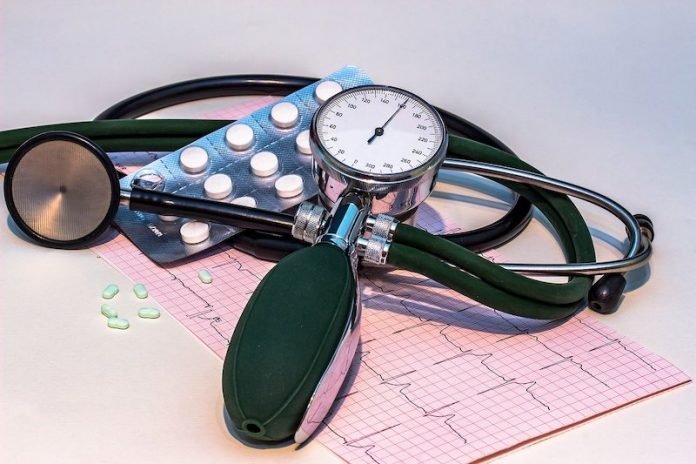
High blood pressure, or hypertension, is a risk factor for cognitive decline and dementia in older adults. Nearly half of American adults have elevated blood pressure.
Treating high blood pressure with blood-pressure-lowering medicines reduced the cases of mild cognitive impairment by 19% in one large trial (SPRINT MIND).
ACE inhibitors, angiotensin II receptor blockers (ARBs), calcium channel blockers and diuretics are different classes of blood pressure-lowering medicines.
Each class acts in a different way to reduce blood pressure, and some cross the blood-brain barrier, thereby impacting cognitive function.
In a recent study from the University of California, Irvine, researchers found that older adults taking blood pressure-lowering medications known to cross the blood-brain barrier had better memory recall over time compared to those taking other types of medicines.
This is the first meta-analysis to compare the potential impact over time of blood pressure-lowering medicines that do vs. those that do not cross the blood-brain barrier.
The medicines were evaluated for their effects on several cognitive domains, including attention, language, verbal memory, learning and recall.
The team gathered information from 14 studies of nearly 12,900 adults ages 50 years and older.
They found older adults taking blood pressure-lowering medicines that cross the blood-brain barrier had better memory recall for up to 3 years of follow-up.
Adults taking hypertension medications that did not cross the blood-brain barrier had better attention for up to 3 years of follow-up.
These findings link brain-penetrant ACE-inhibitors and angiotensin receptor blockers to better memory.
It suggests that people who are being treated for hypertension may be protected from cognitive decline if they medications that cross the blood-brain barrier.
Blood pressure is considered elevated at 120/80 mm Hg and higher.
The current American Heart Association/American College of Cardiology guidelines for treating high blood pressure suggest changes to diet and activity levels to lower blood pressure and adding blood pressure-lowering medication for people with levels of 130/80 mm Hg or higher depending on their risk status.
If blood pressure reaches 140/90 mm Hg, blood pressure-lowering medication is recommended.
If you care about high blood pressure, please read studies about this blood pressure drug may increase heart failure risk and findings of common high blood pressure drug may harm gut health in older people.
For more information about high blood pressure and your health, please see recent studies about this common juice may help reduce high blood pressure and results about new advice for treating high blood pressure.
The study is published in Hypertension. One author of the study is Daniel A. Nation, Ph.D.
Copyright © 2021 Knowridge Science Report. All rights reserved.



